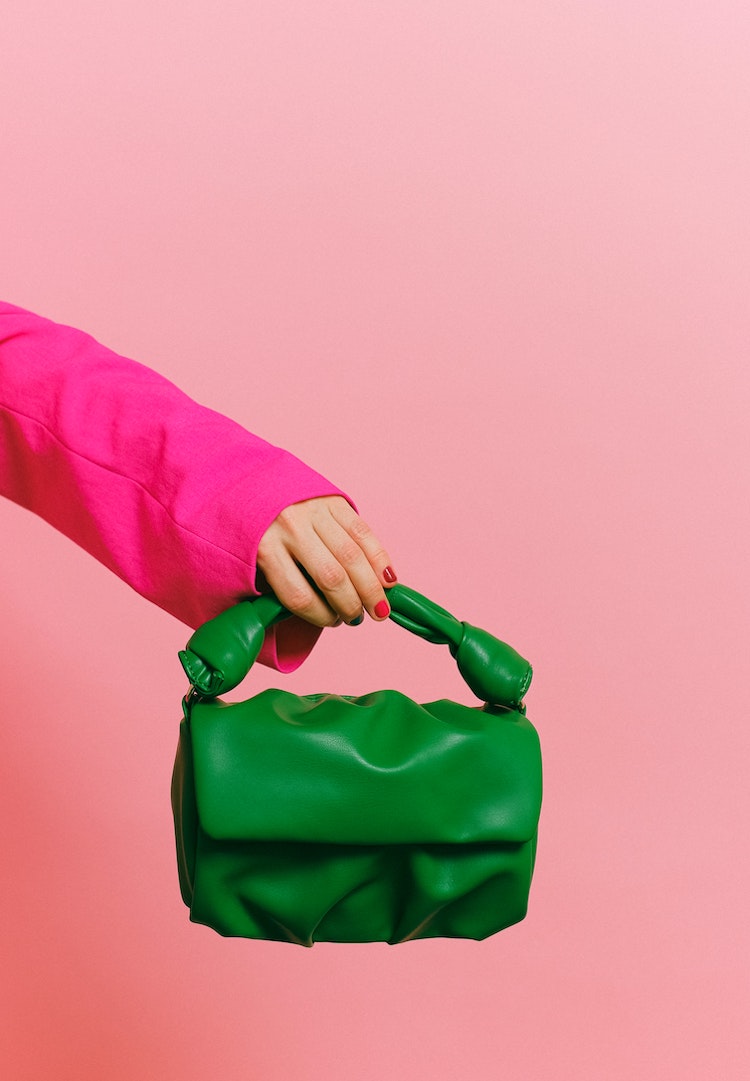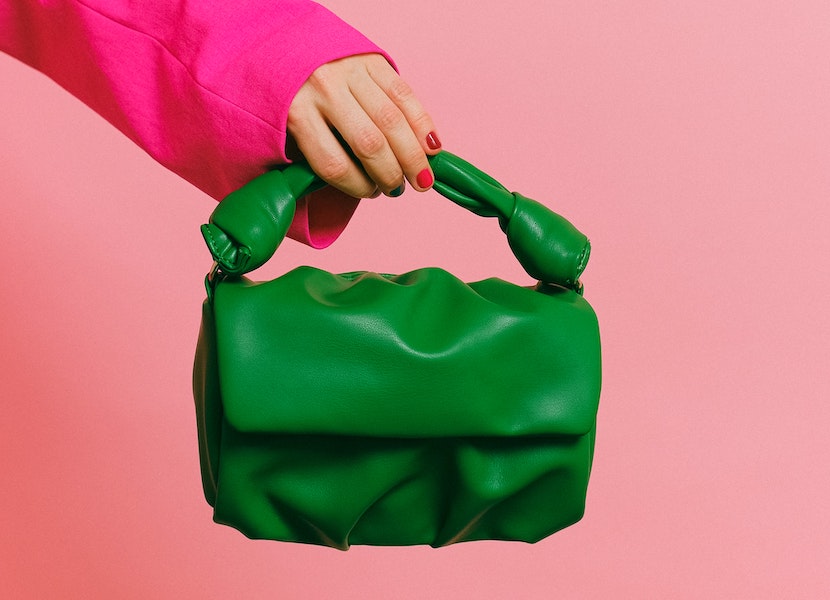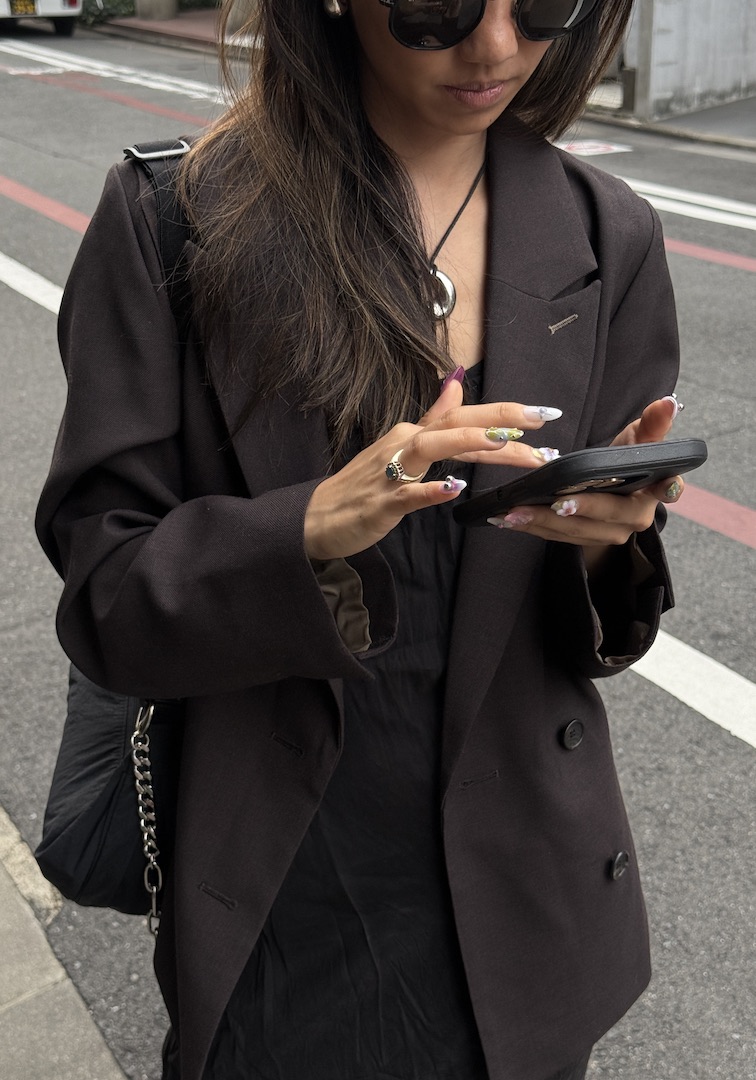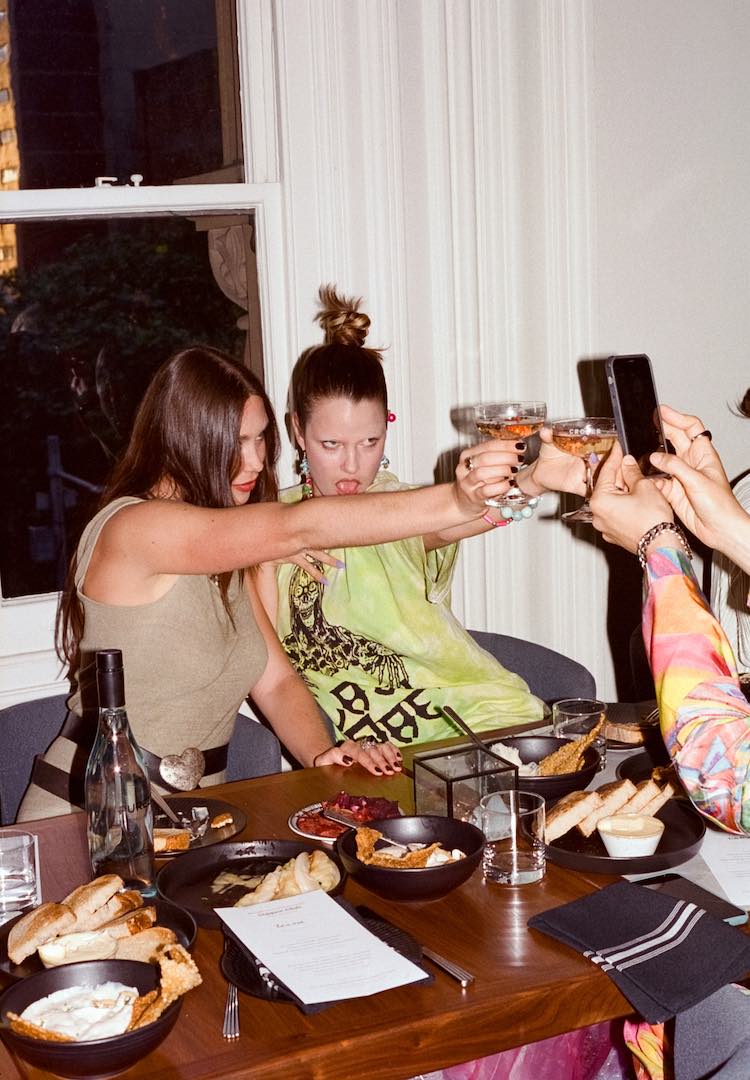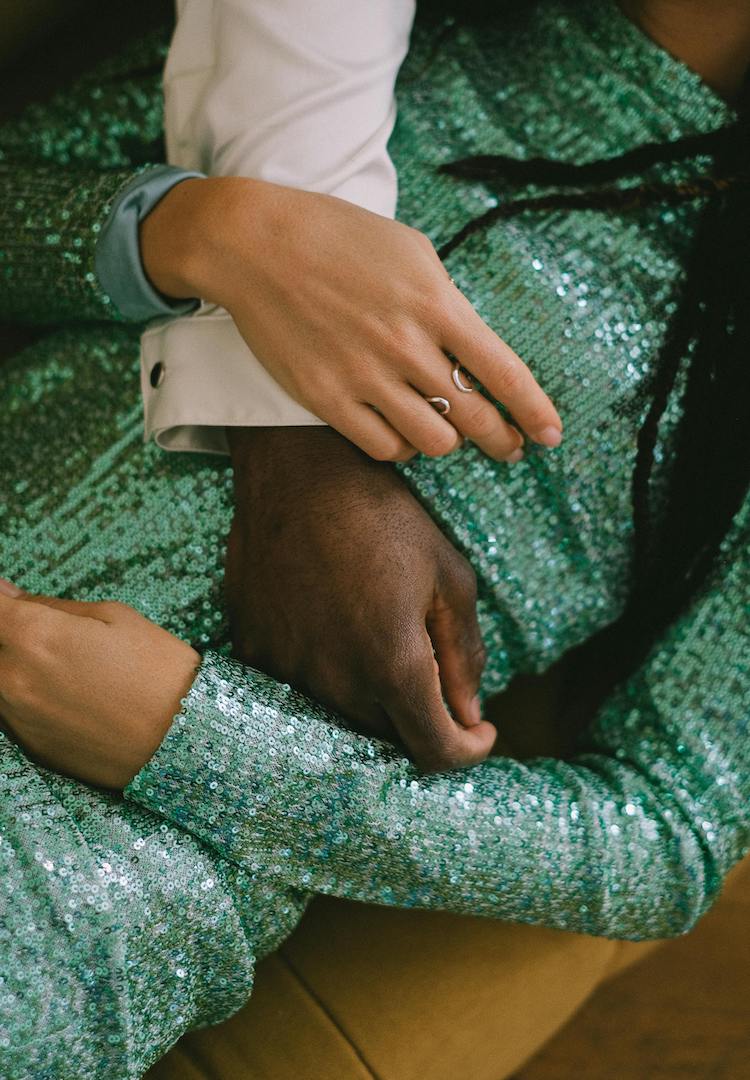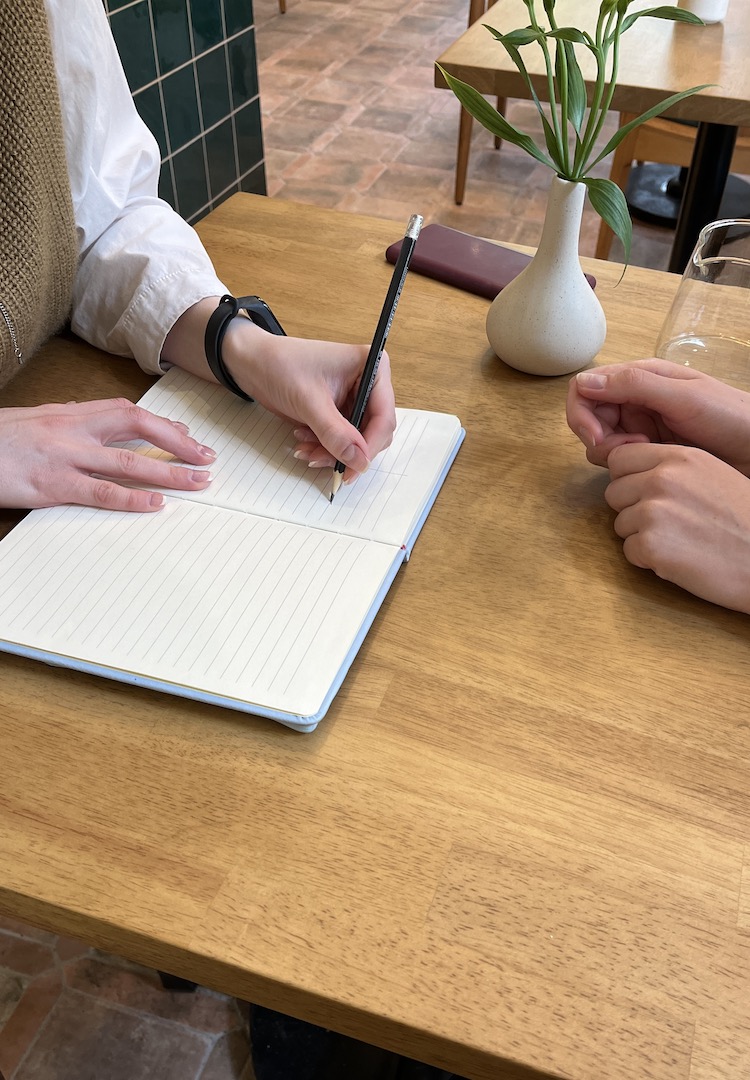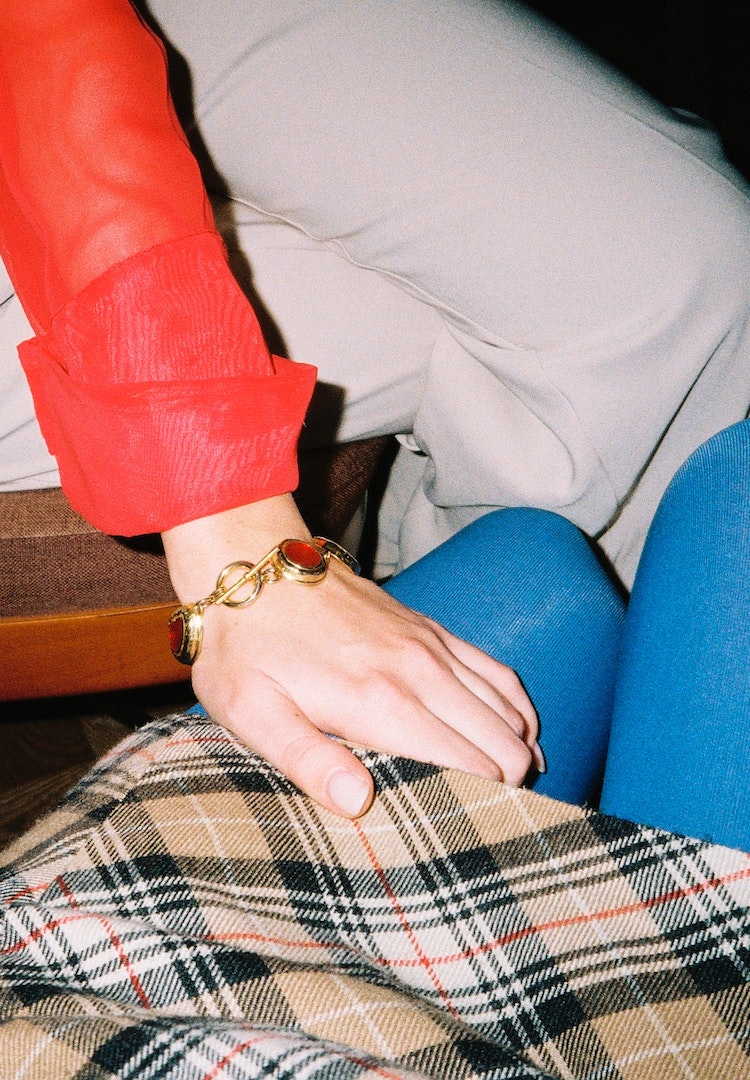13 Fashion Journal readers share their best saving hack
WORDS BY IZZY WIGHT
“No sober Ubers and no solo Uber Eats.”
For a lot of us, frugality just isn’t in our nature. Life (particularly now) can be alarmingly expensive, leaving us spenders in a constant pattern of purchasing, scrimping and praying to a wealthy higher power. So how do we break out of our bad saving habits?
We bring you new career advice each week. Find it over in our Life column.
Whether it’s an IRL piggy bank, a banking round-up app or a hand-me-down copy of The Barefoot Investor, we all need a couple of saving hacks in our financial arsenal. Below, 13 money-savvy Fashion Journal readers share their best saving hack.
India*, 21, she/her
Set up your pay to go straight into savings rather than an everyday account. It means you have to actively move the money into your everyday account, rather than the opposite. It’s trickier but gives you a chance to think twice. It helped me move out of home.
Myles*, 21, he/him/she/her
Don’t be afraid to eat leftover food! I use local apps like Ywaste (and when travelling internationally, Too Good To Go) to grab leftover food bags for a few dollars. I’ve been known to get a week’s worth of leftovers from fancy restaurants, some of which charge upwards of $50 for the same meals!
I also shop at supermarkets like Cheaper Buy Miles, which stock surplus stock that’s perfectly fine to eat. They are especially great since they stock a lot of interesting vegan products, so I enjoy trying them and making it a bit of a fun game! Saving on food has meant that I can begin to build my forever wardrobe and invest in high-quality fashion pieces, as well as travel internationally for holidays more than I would be able to otherwise.
Elise*, she/her
No sober Ubers and no solo Uber Eats. It’s just a silly little mantra that my friends and I share. It keeps us in check when it comes to indulging for ease over actual value. I first heard ‘no sober Ubers’ on TikTok, so it’s not an original statement. The addition of no solo Uber eats we added ourselves.
Gemma*, 23, she/her
Stick your money into some shares. I hardly know how it works and can’t get them out, but twice a year I get some dividends. I’m saving to move out and it’s opened up rent in places I thought I couldn’t afford.
Asa*, 26, she/her
Making a table in my notes app of needs, wants and desires. I write items into these columns to really work out what to prioritise. I felt I was a real adult when I was able to save enough for one of my desires, a Dyson cordless vacuum! Having the columns allowed me to prioritise what was important to buy and what wasn’t. It really helped me cut down on those larger impulse buys, meaning I was able to see my savings rise.
Victoria*, 26, she/her
Go for brunch dates, not dinner dates! We are definitely more awake [in the morning], so quality date time.
Krista*, 35, she/her
I’m a visual person and I find this process works well for me. Every year I sit down with my budget spreadsheet and map out my expenses for the year. Yes, this process is unsexy AF – but it helps me get shit done.
I map out everything from coffee to pilates, Ubers to psych appointments and wedding gifts to new clothes. I often look back on my bank statements to ensure I’ve captured everything. I also record my savings goal for the year (the most important thing)! I then categorize each expense into themes that marry up to offset accounts in my bank account, like ‘health and wellness’ and ‘bills bills bills’ (thanks, Destiny’s Child), to name a few.
From there I break down the expenses into annual, monthly and fortnightly figures. This enables me to see how much money I need to put away when my fortnightly pay comes in. Once my pay comes in, automatic transfers move the amounts out of my everyday and into the relevant accounts. Essentially, once all that money is moved out, the remaining money in my everyday account is for play.
This process has enabled me to travel overseas every year. It recently helped me buy my first home and is currently helping me plan a wedding! I always ensure I have an ambitious saving goal – yeah, it means I might not be able to buy as many new pieces of clothing. But who cares? I shop designer at Goodbyes and I’m cool with that.
This budgeting process may sound restrictive, but doing the prep work and having a rough idea of what you want to do/achieve in the year ahead actually enables you to do it all and not miss out. A secondary benefit is that it’s very easy to see where you can optimise your spending (for example, when I ride my bike I don’t spend my allocated money for petrol, so it can go towards something else).
Shivani*, 29, she/her
The bank’s auto round-up feature! Set and forget! Set yourself a savings goal and move the goal post once you achieve it. Also, do your research to find a higher-interest savings account. Oh and Dan Andrew’s locking us down has really helped us Melburnians. I’m reaching new saving goals and feeling like a grown-ass adult.
Yael*, 30, she/her
I have multiple accounts for different things I need to purchase, and I contribute to them in advance. It’s allowed me to invest or prepare for things like friends’ weddings away, 30th birthdays and vet bills. I think having multiple accounts helps you to keep track of where your pay goes and holds you accountable.
Anna*, 29, she/her
My first tip is if you don’t look, you won’t buy. Unfollow the brands, unfollow the influencers and don’t pound the pavement. My second is since becoming an independent adult at 19, I’ve put all living expenses and daily costs on my credit card. Not for the credit function, but for its ability to add up what I’ve spent in a certain period.
I pay it off religiously on the first of every month, along with bills and rent, and I know exactly where the boundary of living within my means lies. If I’m going a bit hard in week three of the month, I’ll cool the jets to not overspend come the 31st. If you spend from your savings, it’s hard to know what you started with. Heck, it’s hard to know what the balance was yesterday – let alone last week or at the start of the month. Especially if you add the confusion of fortnightly salary injections.
A credit card adds your spending up, while a savings access account only depletes. It’s a self-awareness tool, and there are plenty of fee-free options. I’ve adopted the same approach since becoming getting into a relationship and it works the same, only our monthly spend threshold is greater. I also now have a rewards card and plan to use the points accumulated over the years on honeymoon flights!
Frankie*, 26, they/them
Aside from not drinking, I’d recommend meal prep. There’s a recipe online for a dal that Priya Krishna’s mum made her and – served with rice – costs around a dollar for a whole meal. Compared to the costs of eating out, it’s a lifesaver. It’s helped me recover from many impulse buys. It may not help you buy a house, but it will help you furnish one.
Rose*, 36, she/her
Pre-COVID, we had more physical money. I’d collect all two-dollar coins and put them in one of those mental money boxes you need to open with a can opener. We did this for six months and then opened it before going to Thailand. We ended up with enough money for the week in Thailand!
Gloria*, 29, she/her
I save money by cooking my meals for lunch and dinner throughout the week, forgoing any ingredients I don’t ‘really’ need or making substitutes with things I can get more use out of. Most of these are done in bulk, and I can freeze a few for use down the track. I also don’t drink coffee to avoid getting into a daily habit of paying for it.
I also try to sell pieces of clothing and furniture in good condition when I’m no longer in love with them. I’m trying to save for a house in the long term and a career shift in the short term, knowing I have to be mindful of my patterns. I think the division between standards of living is growing wider and wider, making it harder for people in their twenties to conceive a future of home ownership, despite being well-educated and working hard.
*Names have been changed.
For more on saving money, head here.


